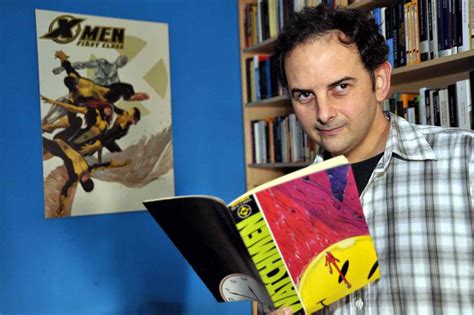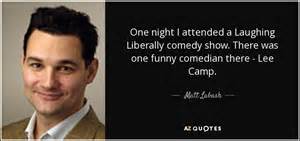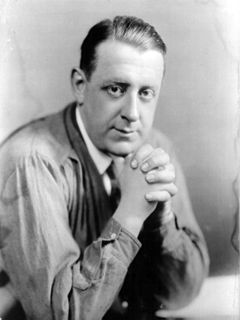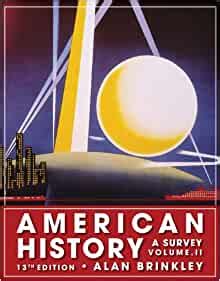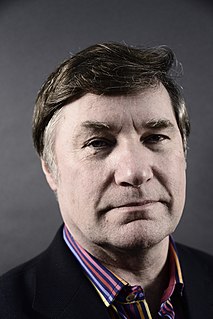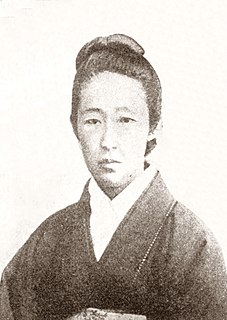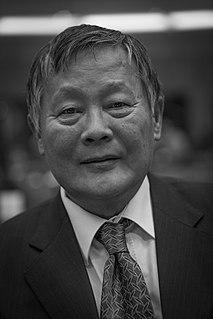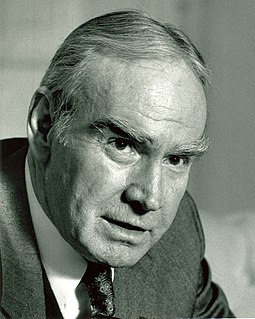Top 1200 Political History Quotes & Sayings - Page 7
Explore popular Political History quotes.
Last updated on December 20, 2024.
I think I've yet to do the big heave is because New York editors tend to think D.C. guys like me want to do political stories. And I hate politics for its own sake. Politics are so... I don't know, political. Which is an odd thing for a guy to say, I suppose, who has worked at a political magazine for fourteen years.
Political realism is aware of the moral significance of political action. It is also aware of the ineluctable tension between the moral command and the requirements of successful political action. And it is unwilling to gloss over and obliterate that tension and thus to obfuscate both the moral and the political issue by making it appear as though the stark facts of politics were morally more satisfying than they actually are, and the moral law less exacting than it actually is.
There is hardly an aspect of contemporary history more irritating and mystifying than the fact that of all the great unsolved political questions of our century, it should have been this seemingly small and unimportant Jewish problem that had the dubious honor of setting the whole infernal machine in motion.
Turned the wrong way around, the relentless unforeseen was what we schoolchildren studied in "History", harmless history, where everything unexpected in its own time is chronicled on the page as inevitable. The terror of the unforeseen is what the science of history hides, turning a disaster into an epic.
The Declaration of Independence has been called, with some justice, the most revolutionary document in human history, in that it placed the individual person first in the political scheme of things and made the legitimacy of governments and ruling classes contingent on their success at preserving individual rights.
This is a critical time in American history. [Donald's Trump] strength is willingness to stand up to political conventions, take on Republican and Democrat leaders, and, in effect, do so in defense of the legitimate interest of people who make less than median income in America, is the key to victory.
My art gets called political, as opposed to my intending it to be political. I think that's something that happens with black artists or marginalized voices trying to speak truth. Because there are things in the status quo to speak out against, speaking out against them will inherently be political.
The rise of the presidency began with the Louisiana Purchase, which in 1803 doubled the land mass of the United States. History taught the framers that, just as Rome changed from republic to empire with conquest of new lands, territorial acquisition would lead to the centralization of political power.
Using the word ‘political’ in the widest possible sense. Desire to push the world in a certain direction, to alter other peoples’ idea of the kind of society that they should strive after. Once again, no book is genuinely free from political bias. The opinion that art should have nothing to do with politics is itself a political attitude.
Let me see: art and activism. I can always fall back on, "the question should be, what isn't political? Everything you do is political, even if it's abstract. You're making a political statement even if it's unwittingly." I think so much of art is unconscious anyway, the artist doesn't know the real reason they're doing it. They're just kind of going along with it intuitively.
As a political activist you run the risk of having to settle for one compromise or another in order to achieve your goals. Artists face the obvious accusation of elitism. The fundamental principle of my work is that it critiques capitalism in very specific ways. I am not interested in generalized political rhetoric. Instead of "aestheticizing" political issues, I try to challenge ingrained perspectives.
Every form of communication is for the purpose of feeling, experiencing, sharing. Everyone has their own intense journey through life, and you don't want to do it all alone. It's really meaningful to be able to share with people. Whether it's your political beliefs, or what goes on for you emotionally, or keeping track of history.
I believe, but cannot prove, that global “AIDS” is a whole cluster of unrelated diseases all of which have been swept under a single rug for essentially political reasons, and that the identification of HIV as the sole pathogen is likely to go down as one of the most colossal blunders in the history of medicine.
The history of the human race, viewed as a whole, may be regarded as the realization of a hidden plan of nature to bring about a political constitution, internally, and for this purpose, also externally perfect, as the only state in which all the capacities implanted by her in mankind can be fully developed.
Families of privilege and money would have harps in their parlors, and their cultured daughters would learn to play. It's got such a strange history. But that wasn't the context that I learned it in, so the inherent friction between that history and the more humanist folk-y history wasn't in my conscience at all.
The Greeks really believed in history. They believed that the past had consequences and that you might be punished for the sins of your father. America, and particularly New York, runs on the idea that history doesn't matter. There is no history. There is only the never-ending present. You don't even have your family because you moved here to get away from them, so even that idea of personal history has been cut at the knees.
I definitely love history. I'm not formally trained or educated in history, but you could say I did go back to college in 2008 to do Untold History of the United States. That took five years. Co-author Peter Kuznick has been teaching history for something like 35 years, at American University and other places. His group of researchers brought me into contact with a lot of books.
I love art, and I love history, but it is living art and living history that I love. It is in the interest of living art and living history that I oppose so-called restoration. What history can there be in a building bedaubed with ornament, which cannot at the best be anything but a hopeless and lifeless imitation of the hope and vigor of the earlier world?
Self-righteousness and presumptive moral judgments pose a great danger in the political arena. To become convinced of the divine infallibility of one's personal predilections on a secular political issue is to play God, to assume to oneself the attributes of deity. It cultivates an arrogant intolerance of dissenting viewpoints and relegates one's political adversaries to the category of evil per se.
